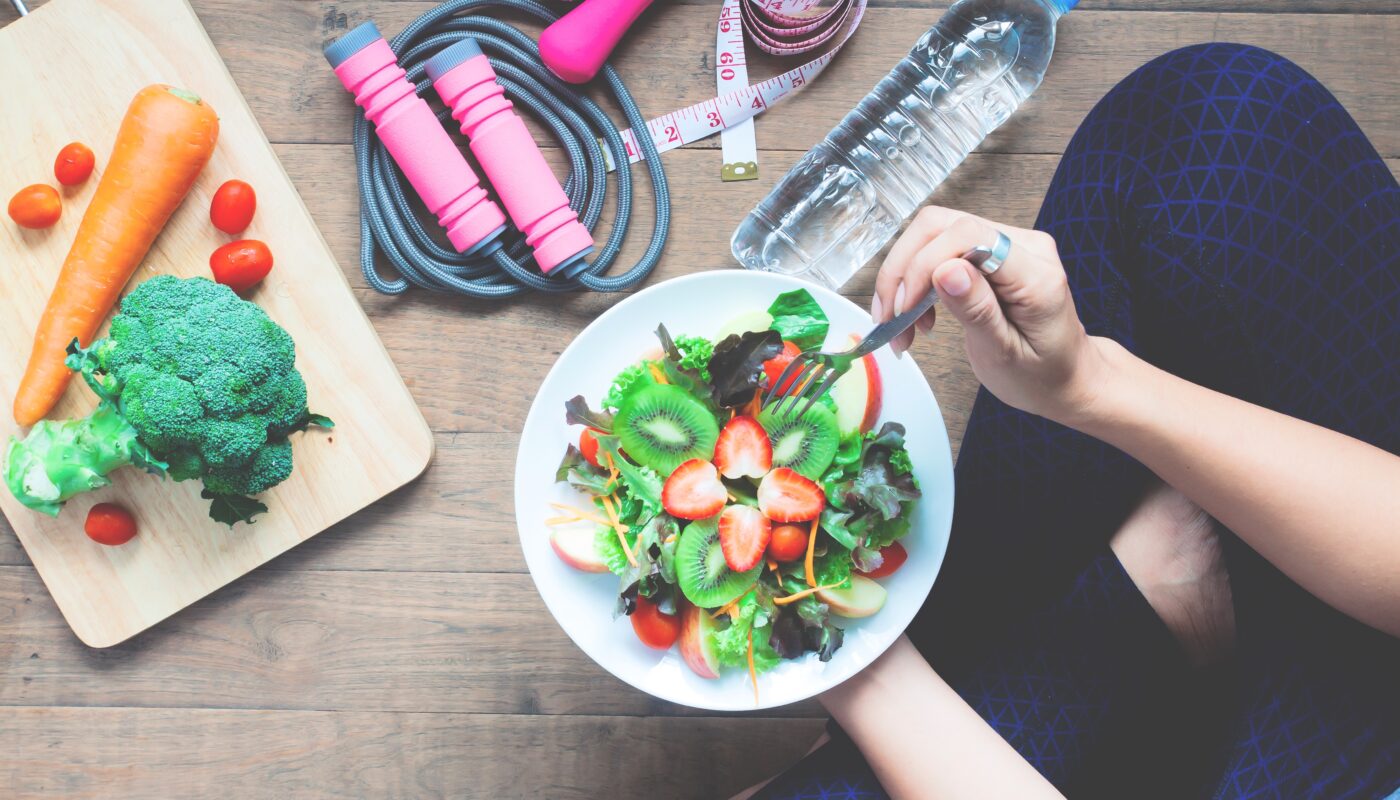Muscle cramps are a common yet frustrating occurrence that can disrupt daily activities, exercise routines, or even sleep. While these painful contractions of muscles are often attributed to overexertion or dehydration, recent studies shed light on the pivotal role diet plays in preventing and alleviating cramps. This article explores the connection between nutrition and muscle health, offering practical dietary tips to reduce the likelihood of muscle cramps.
Understanding Muscle Cramps
When one or more muscles clench or spasm without conscious control, it’s called a muscle cramp. They can occur for various reasons, including:
- Dehydration: Lack of fluids reduces the ability of muscles to contract and relax smoothly.
- Electrolyte Imbalances: Minerals like potassium, magnesium, calcium, and sodium are essential for proper muscle function.
- Overuse or Strain: Excessive physical activity can lead to cramping, especially when muscles are not properly nourished.
- Underlying Health Issues: Conditions like peripheral artery disease or nerve dysfunction can also trigger cramps.
Understanding the root causes highlights the significant role of nutrition in muscle health.
Key Nutrients to Prevent Muscle Cramps
1. Potassium
Potassium is a vital electrolyte that supports nerve signaling and muscle contraction. A deficiency can lead to cramping, as the muscles struggle to maintain their electrical balance.
Sources of Potassium:
- Bananas
- Oranges
- Spinach
- Sweet potatoes
- Avocados
A potassium-rich diet ensures better hydration at the cellular level, reducing the likelihood of cramps.
2. Magnesium
Magnesium is crucial for over 300 enzymatic reactions in the body, including those involved in muscle relaxation. Its deficiency has been linked to increased cramping episodes.
Magnesium-Rich Foods:
- Nuts (almonds, cashews)
- Seeds (pumpkin, sunflower)
- Dark leafy greens (kale, Swiss chard)
- Whole grains
- Dark chocolate
Including these foods in your diet can enhance muscle relaxation and reduce cramping risk.
3. Calcium
Calcium plays a significant role in muscle contraction and relaxation. Low calcium levels can lead to nerve dysfunction and muscle spasms.
Calcium Sources:
- Dairy products (milk, yogurt, cheese)
- Fortified plant-based milk (almond, soy)
- Leafy greens (collard greens, bok choy)
- Fish with bones (sardines, salmon)
Combining calcium with vitamin D ensures better absorption and utilization.
4. Sodium
Although often vilified, sodium is essential for muscle function. Athletes, in particular, lose sodium through sweat, which can lead to cramping if not replenished.
Sources of Sodium:
- Natural foods (beets, celery)
- Sports drinks (for athletes)
- Moderate amounts of table salt
It’s important to balance sodium intake, as excessive consumption can lead to other health issues.
Hydration and Muscle Health
While focusing on nutrients is crucial, hydration cannot be overlooked. Water is essential for maintaining electrolyte balance, which directly affects muscle function.
Tips for Staying Hydrated:
- Drink water consistently throughout the day.
- Incorporate hydrating foods such as oranges, watermelon, and cucumbers.
- Consider electrolyte-enriched drinks after intense physical activity or prolonged sweating.
The Role of Anti-Inflammatory Foods
Inflammation can exacerbate muscle cramps, especially in individuals with chronic conditions. Incorporating anti-inflammatory foods can aid in muscle recovery and reduce the frequency of cramps.
Anti-Inflammatory Foods:
- Fatty fish (salmon, mackerel)
- Berries (blueberries, strawberries)
- Olive oil
- Turmeric and ginger
These foods can help manage oxidative stress and improve overall muscle health.
Meal Planning for Cramps Prevention
To ensure your diet supports muscle health, it’s essential to include a variety of nutrient-dense foods in your daily meals. Here’s an example of a meal plan focused on preventing cramps:
Breakfast:
- Banana slices, chia seeds, and honey drizzled over Greek yogurt.
Lunch:
- Grilled salmon with a side of quinoa and steamed spinach.
Snack:
- A chunk of dark chocolate and a handful of almonds.
Dinner:
- Baked sweet potato topped with avocado slices, served with roasted Brussels sprouts and lean chicken.
Hydration:
- Throughout the day, drink water and include a glass of coconut water post-workout.
Scientific Insights: What the Research Says
Recent studies highlight the interplay between diet and muscle function:
- Electrolyte Balance: Research confirms that imbalances in potassium and magnesium are primary contributors to cramping in athletes and the elderly. Correcting these deficiencies through diet can significantly reduce episodes.
- Hydration: A study published in the Journal of Sports Medicine emphasizes the importance of combining water with electrolyte-rich foods to optimize muscle function.
- Vitamin D and Calcium Synergy: Emerging evidence suggests that a lack of vitamin D can impair calcium absorption, increasing the risk of muscle spasms.
These findings underscore the need for a holistic approach to nutrition for muscle health.
Special Considerations for Athletes and Older Adults
Athletes:
Athletes are prone to cramping due to intense physical exertion and electrolyte loss through sweat. A diet tailored to their needs should focus on:
- Pre- and post-workout hydration.
- Quick recovery snacks like bananas and protein-rich smoothies.
Older Adults:
Aging reduces the body’s ability to absorb certain nutrients, increasing the risk of deficiencies. For elderly individuals:
- Calcium and magnesium supplementation may be necessary.
- Focus on easy-to-digest, nutrient-dense foods.
Supplements: Are They Necessary?
While a balanced diet is the best way to prevent muscle cramps, supplements can be beneficial in some cases. Consult a healthcare provider before starting any supplements, especially for:
- Magnesium
- Potassium
- Calcium
Conclusion
Reducing muscle cramps isn’t just about treating the symptoms but addressing the underlying causes through diet. By incorporating potassium, magnesium, calcium, and sodium into your meals, staying hydrated, and focusing on anti-inflammatory foods, you can significantly lower the risk of cramps. Whether you’re an athlete, an older adult, or someone looking to improve muscle health, a nutrient-rich diet is a cornerstone of prevention.
Embrace the power of food to maintain muscle function and enjoy a cramp-free lifestyle!



